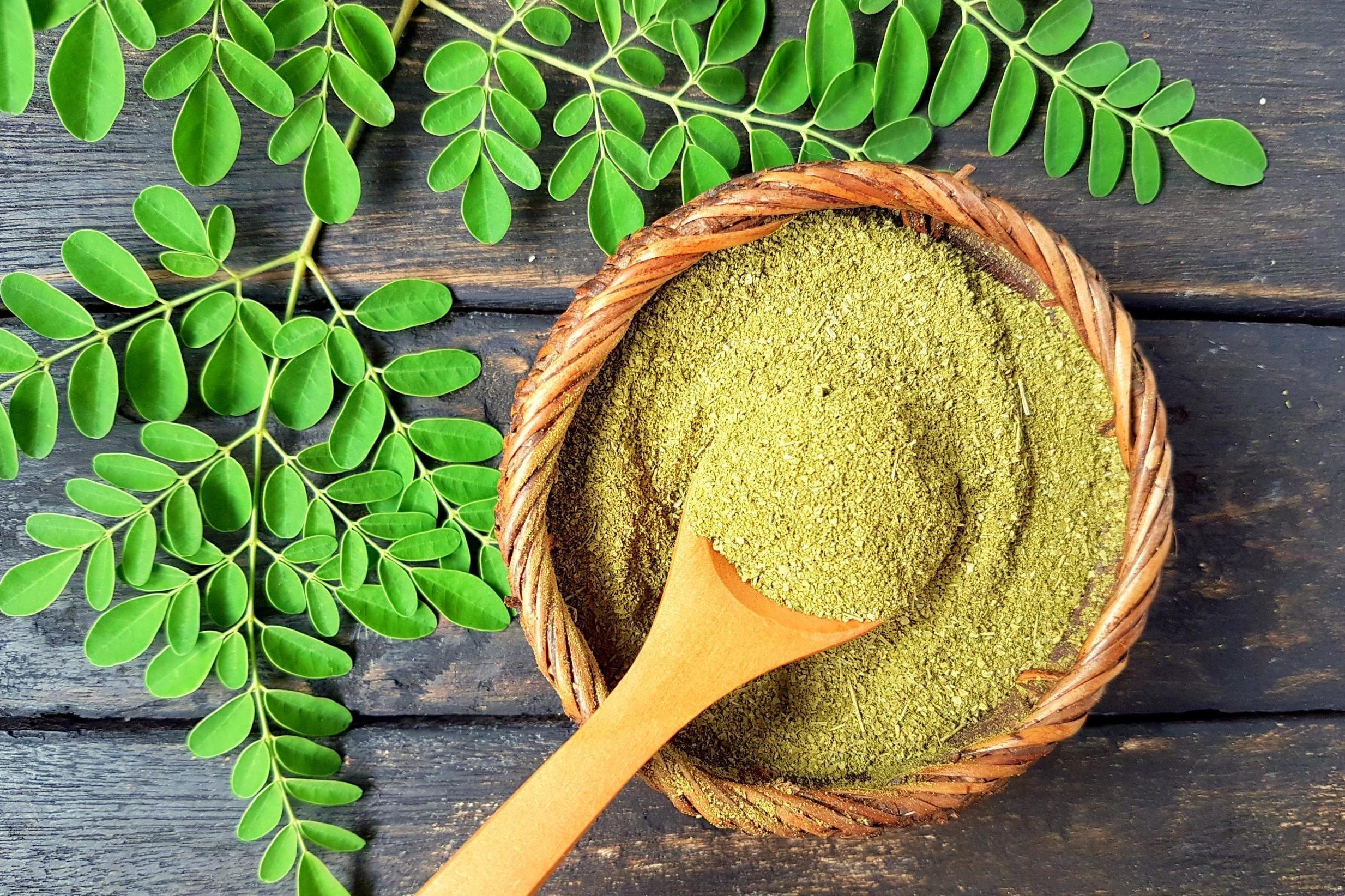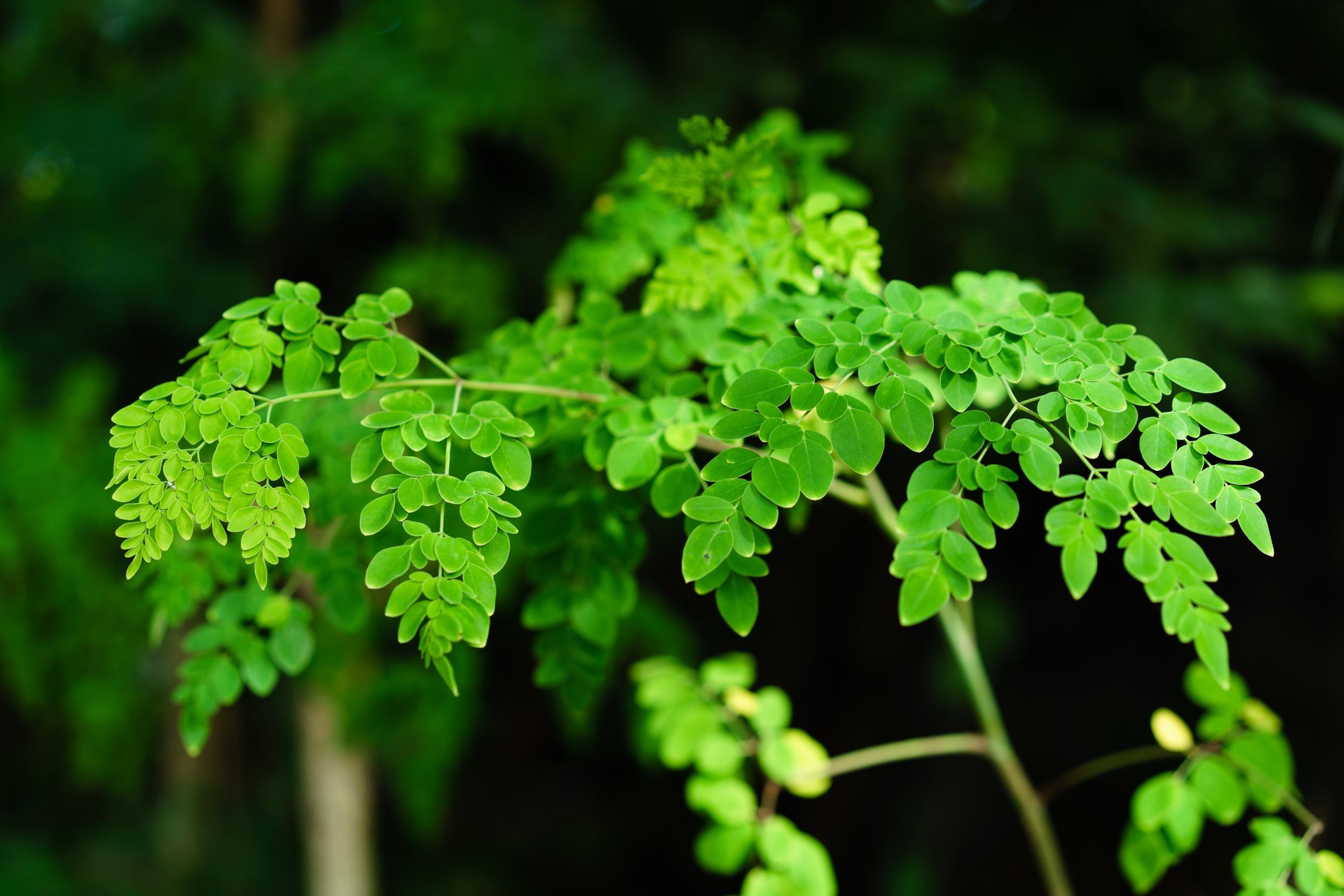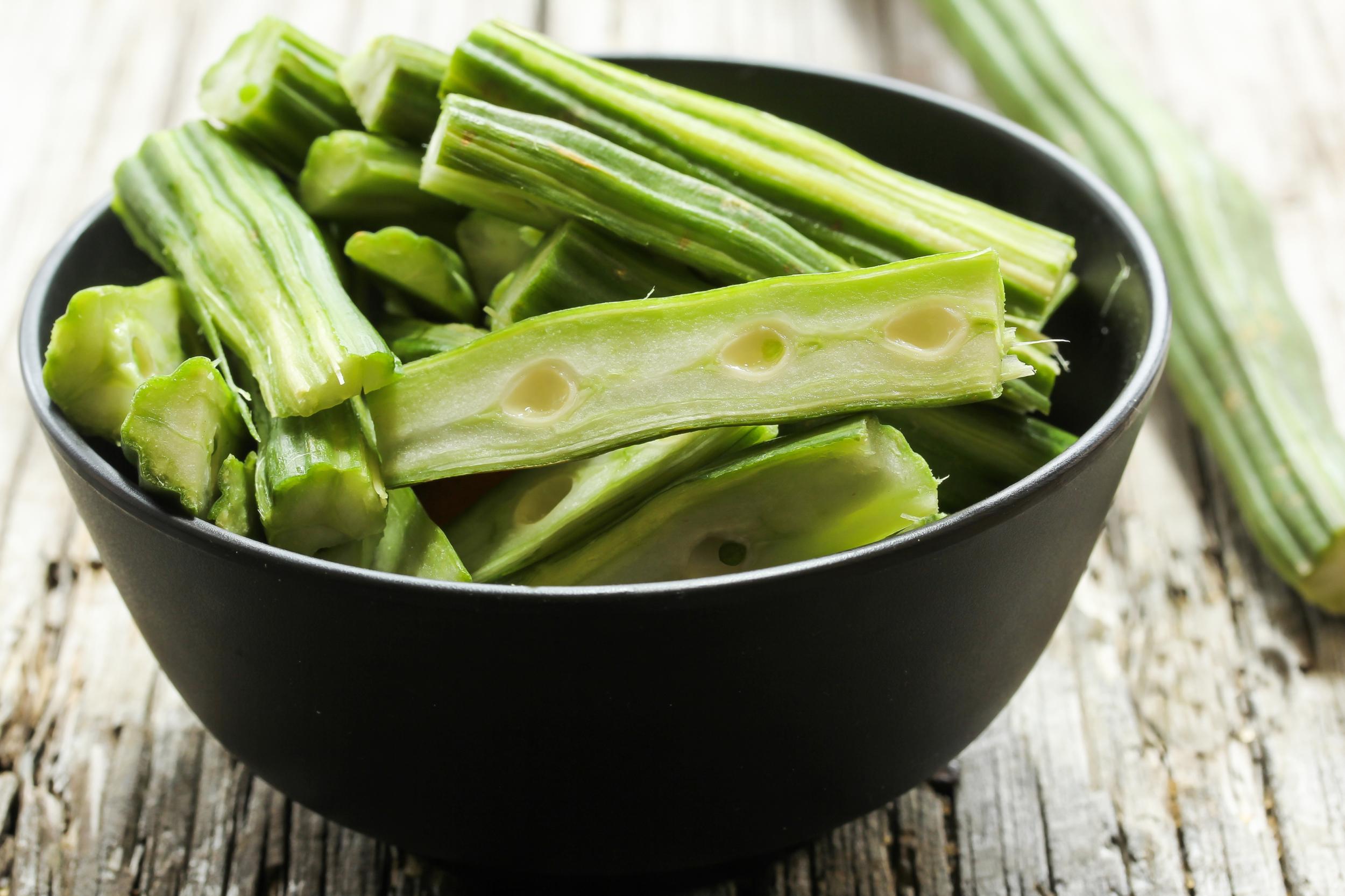Moringa: The new superfood that's trending among wellness types
'The world's most useful tree'

Superfood trends come and go - but it looks like moringa might be the new wellness additive that's here to stay.
Just like most trendy "new" superfoods, the health benefits of the moringa tree have been known in various cultures for hundreds of years, but have just recently found their way into mainstream wellness culture - where you are about to see a lot more of it. According to Google Trends, interest in moringa has been growing steadily for the past five years.
The fast-growing, drought-resistant tree is native to the sub-Himalayan areas of India, Pakistan, Bangladesh, and Afghanistan isometimes referred to as the “drumstick tree.” The moringa tree has various healing properties, health benefits and uses, according to WebMD, and it is basically capable of curing all your ailments - kind of.
According to a study published in the journal Phytotherapy Research, the bark, sap, roots, leaves, seeds, and flowers of the moringa tree have all been traditionally used to treat a variety of ailments including: edema, swelling, stomach disorders, neurodegenerative diseases, diabetes, asthma, arthritis, epilepsy, thyroid disorder, anemia and sickle cell disease, and bacterial, fungal, viral, and parasitic infections.
As if that wasn't enough incentive, the “miracle tree” has also been linked to having positive effects on liver function, skin and hair, bone health, immunity, cardiovascular health, kidney function, eye health, and cancer prevention.

Proving it is worthy of its nicknames, the versatile plant has proven to be equally important as a food, especially in parts of the world where malnutrition has been an issue.
“Because it can be grown cheaply and easily, and the leaves retain lots of vitamins and minerals when dried, moringa has been used in India and Africa in feeding programs to fight malnutrition,” the study by the University of Agriculture, in Faisalabad, Pakistan.
In mainstream wellness circles, moringa has become popular because the leaves “contain more Vitamin A than carrots, more calcium than milk, more iron than spinach, more Vitamin C than oranges, and more potassium than bananas.”

Additionally, the protein in the moringa leaves rivals that of milk and eggs.
And, as if you needed another reason to ditch your kale, moringa actually has a surprisingly pleasant taste which is why food companies have been quick to include the beneficial tree in pressed juices, nutrition bars, kombucha, and other healthy snacks.
The super-nourishing moringa oil is also expected to make its way into beauty products in the coming year, so if you’re wondering whether you should incorporate the superfood into your lifestyle, it looks like it definitely couldn’t hurt.
Join our commenting forum
Join thought-provoking conversations, follow other Independent readers and see their replies
Comments
Bookmark popover
Removed from bookmarks